How To Stop Feeling Hungry All The Time: 20 Proven Strategies
Manage those constant cravings with the knowledge of what makes you feel hungry every time.

Image: Shutterstock
It is natural to feel hungry. But if you always feel hungry, it is a symptom of an underlying issue. Do not worry, we can tell you how to stop feeling hungry all the time. Controlling untimely hunger or right after a large meal is the best way to reduce the risk of overweight, obesity, diabetes, hypertension, and heart disease. In this post, you will learn to require your brain for hunger, know what makes you hungry all the time, and all this without starving yourself! This article even talks about on how to stop being hungry all the time. Here are the 20 hunger control strategies you can implement and differentiate between physical and mental hunger. Keep reading!

In This Article
Science Of Hunger Control
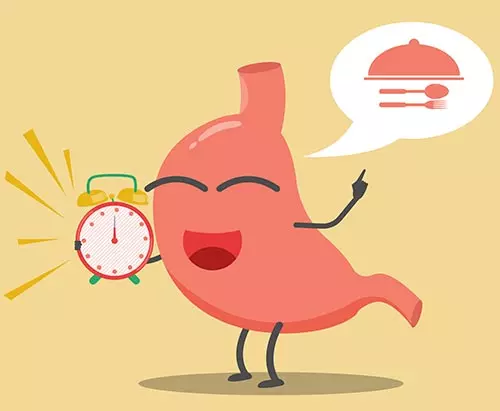
Your appetite is controlled by three hunger hormones– insulin, ghrelin, and leptin. When you have not eaten for more than 3-4 hours, your insulin level drops as there is no food to carry to the cells. (The function of insulin is to carry glucose or broken down foods from the bloodstream to the cells for generating energy.) When that happens, the hunger hormone, ghrelin, kicks in. And you start feeling hungry, and you eat. As soon as the body experiences a rise in glucose levels, the hunger control hormone, leptin, comes into the picture and stops you from eating more (1). So, if leptin is there to help you stop eating and help in weight management, why is it that you cannot stop eating? Well, here’s the first answer.
Overeating can lead to leptin resistance. This means that your brain stops responding to leptin. This typically happens when you start gaining weight in the form of fat. The more fat you store, the more leptin is released (leptin is created in the fat cells). But instead of stopping you from eating more, the hypothalamusi The part of the brain responsible for the autonomic nervous system and maintaining homeostasis. becomes resistant to leptin and doesn’t recognize the “stop eating” signal. As a result, you still feel hungry and keep eating more food. And the second answer to why you feel hungry is in the next section.
Key Takeaways
- Emotional hunger and resistance to leptin (satiety hormone) result in constant eating.
- Eating foods rich in protein and fiber to curb hunger and improve digestion.
- Eat small meals every 2 to 3 hours to prevent yourself from overeating.
- Taking a power nap and eating probiotics like yogurt curbs cravings.
Physical And Mental Hunger
Hunger is broadly classified into physical or real hunger and mental or emotional hunger. You feel hungry when the blood sugar level in the body is low. But your hunger is in your head when you just cannot stop feeling hungry even after having a full course meal. And this emotional hunger is the second reason you cannot stop eating, leading to obesity and obesity-related diseases (2).
So, unless you make a conscious effort to control your hunger and make it a habit, you will never be able to break the cycle of feeling hungry, overeating, accumulating fat, and being leptin resistant. That’s why it is important that you check out the 20 best strategies to break that vicious cycle and take control of your life. Scroll down.
 Quick Tip
Quick Tip20 Best Ways To Stop Feeling Hungry
1. Know Your Body

Take care of your body. It’s the only place you have to live. And to do that, the first step is to understand your body. Check with your doctor to know if you have any allergies, hereditary diseases, or hormonal issues. Also, keep a track of the triggers that are making you feel hungry. It could be the smell, mood swings, PMS, anxiety, etc. The more you understand the reason behind your mindless boredom eating, the more you will be able to attack the issues.
2. Don’t Just Wish, Set A Goal
Merely wishing for a miracle has never actually made anything happen. You have to work at it. So, when you “plan” to not eat mindlessly, you are just wishing. Jot your wish down, and write 3-4 lines about how you are going to prevent yourself from eating frequently, how much weight you want to lose in a month, or what your fitness level should be by the end of the month. Giving yourself a deadline makes sure that you stay focused.
3. Start Your Day With Positivity

Starting your day with some kickass positive vibes will help you stay alert, energetic, and productive throughout the day. Wake up and say any of your favorite positive quotes aloud. It has a magical effect that switches the circuits of your brain on and pushes you to achieve your smaller goals throughout the day. Try it, and you will know what I am talking about.
 Quick Tip
Quick Tip4. Break Fast? You Must!
It’s a new day, and the first meal of the day is very, very important. Break your 6-7-hour fast with a good, healthy breakfast. Make sure you get a portion of protein, healthy fats, and complex carbs in your body before you head out. Having breakfast will give you the feeling of satiety for a long duration and prevent you from feeling hungry frequently.
5. Tea Or Coffee?

Gear up with a cup of green tea or black coffee. Yes! Both green tea and coffee are great energizers and appetite suppressors (3). Have a cup of coffee or green tea with breakfast, 45 minutes before lunch, an hour after lunch, and an hour before going to the gym. Opt for decaf if you want to avoid caffeine. Your appetite will be suppressed, and the antioxidantsi Substances that help in preventing cell damage (and various health issues) caused by reactive oxygen molecules. in green tea help flush out the toxins from your body.
6. Protein Curbs Hunger
I talked about consuming protein during breakfast. In fact, you should consume high-protein foods with every meal, even while snacking. Protein is tough to digest and keeps you full for an hour and does not cause the blood glucose levels to spike. Moreover, it helps you build lean muscle mass, which, in turn, improves your metabolic rate (4). Consume chicken breast, fish, tofu, beans and legumes, nuts, and seeds to provide your body with the required amount of protein per day.
7. Dietary Fiber Satiates
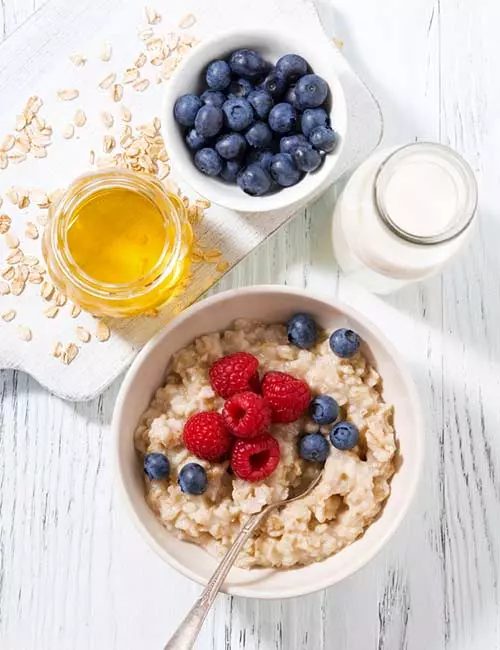
Dietary fiber is a complex carb that is indigestible by humans. It forms a gel-like layer in the gut and slows down the absorption of nutrients, preventing a sudden insulini The hormone secreted by the pancreas that regulates blood sugar (glucose) levels in the body. spike. Fiber-rich foods also serve as food for good gut bacteria, leading to better digestion. It encapsulates the fat molecules and prevents their absorption into the body (5). So, consume veggies, fruits (with peels), and whole grains, which are low-glycemic index foods to load up on healthy complex carbs.
8. Eat Every 2-3 Hours
Eating every 2-3 hours helps you be more in control of your hunger than eating every 30 minutes. A gap of two to three hours will give your body the time to digest and absorb the nutrients. Mix small meals with large ones to create a symphony between your mind and body. This will help you develop a habit of mindful eating healthy food but not too frequently (6).
9. Hungry? Drink Water

In between your small and large meals, if you are hungry, drink water. Because when you are thirsty, you might feel hungry and consume solid foods. Drink a glass of water and wait to see what wonders hydration can do. You will soon see that you were actually not hungry but thirsty.
Jenny Maywood, a certified trainer, a vlogger, and a fitness model competitor, discussed strategies for controlling appetite and avoiding excessive hunger while pursuing weight loss. She said, “In personal experience, I know it really helps keep my hunger levels under control (i).”
10. Eenie Mini Miney Meal
Mini meals are very important. These will keep your metabolism firing and prevent you from overeating (6). Do your mini meal planning the night before. You can eat fruit, drink freshly pressed fruit juice, have kale wafers, nuts, etc. But don’t go overboard. Drink a cup of green tea if you still feel hungry.
11. Color Your Plate
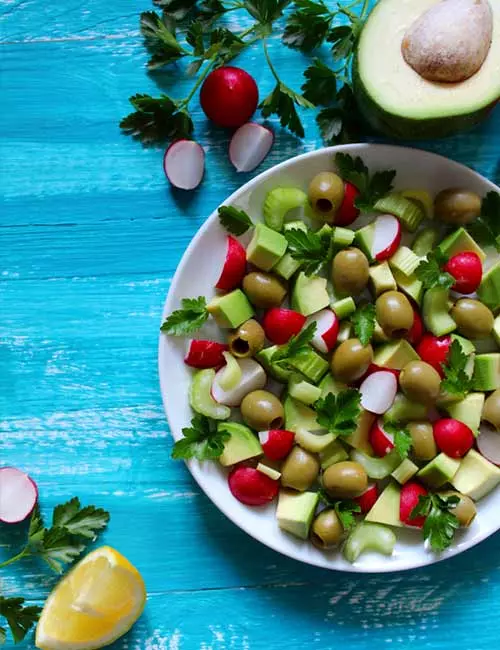
A plate that is loaded with veggies of different colors is way more attractive than a monochrome, bland-looking plate. Isn’t it? Try adding five types of veggies, one source of protein, and healthy fats in the form of nuts, seeds, or oil to your diet. Colorful food on a plate will provide you with different nutrients, dietary fiber, micronutrients, protein, and the much-needed visual stimulusi An internal or external activity or event that provokes a specific reaction from a tissue or an organ. to lead you to a path of healthy living (7).
12. Spice Up Your Food
Spicing up your food with different spices in limited amounts will help the food taste better, curb hunger, and help you enjoy the food while you eat it. And spicy does not mean chili flakes or pepper. Use other spices like allspice, dried herbs, cinnamon, garlic powder, star anise, cardamom, turmeric, clove, fenugreek, and fennel seeds.
13. Avoid Salt
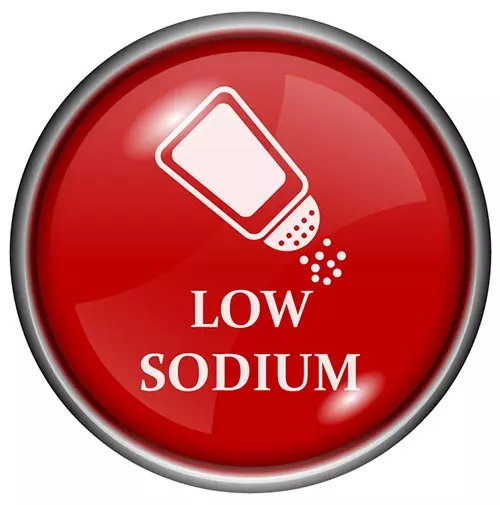
Well, I am not asking you to completely avoid salt. If you can, nothing like it. But for now, try to consume less salt. Salt makes the food more flavorful and you may get into the habit of eating salty snacks too frequently. Also, right after you have eaten something too salty, you will feel like having something sweet. As a result, you will end up consuming calorie-dense foods and not be able to get out of the “hunger games” (8).
14. Oh! Mega-3
I mean, omega-3s. These polyunsaturated fatty acids are found in fish, nuts, oils, and seeds. They help reduce inflammation in the body and, as a result, lower the chances of inflammation-induced weight gain. This, in turn, improves your metabolism and helps in time-restricted eating (9).
15. Ditch The Junk Food

Junk food addiction is a real thing. So, you must ditch it now. The sweet and salty taste of these foods that keeps you coming back for more is actually a dangerous method to stimulate your brain to want more of the junk food even when you know it is not good for your health. The best way to go about it is to toss or give away all the junk food. Fill your pantry or fridge with fruits, veggies, protein sources, herbs, spices, and healthy fats.
16. Ginger Up!
Ginger is said to aid healthy weight loss due to the phytochemicalsi Chemicals found in plants that aid in the growth and protection of the plant and are also beneficial for human health. that help in appetite control, flushing out toxins, and improving digestion (10). So, if you feel hungry within 30-60 minutes of having a meal, place a small piece of ginger in your mouth and chew it slowly so that you do not feel the urge to eat (chew) for at least another hour.
17. Got A Bad Gut Feeling? Drink Probiotics

Bad gut health can lead to a host of health problems – weight gain is one of them. If you suffer from indigestion, bloating, or constipation, consume probioticsi The microorganism found in dairy and fermented foods that are beneficial for the gut and overall health. or have yogurt or buttermilk. The good bacteria in these foods will help replenish the bacterial flora in your gut, putting an end to all your gut problems. When your gut health improves, the crazy food cravings, tightness in your chest, and junk food addiction will also come to an end (11).
18. Dark Chocolate, Not Dark Secrets
Dark chocolate is low in calories and has a “feel good” impact on your health. When you feel good, there is stress reduction, and as a result, your body and mind will function better. So, get a bar of 80% or more dark chocolate and consume one piece per day (12).
19. Sleep On It

When you are stressed out and are unable to sleep, the next best thing you do to feel better is to eat junk food. Whenever you feel worried or anxious, just take a power nap or sleep on it for two hours. You will wake up fresh and look at the problem logically and not emotionally. And, of course, fewer calories go into your belly.
20. Give Love To Yourself
Eating too frequently points out one thing for sure – mental distress. When you are not feeling good about yourself or your choices, you want to feel better by eating food. Eating more food will make you feel guilty, triggering further stress and worry. And then, you will eat some more to feel better (2). So, it is necessary that you start appreciating who you are and what you are doing. This is tough, I know, but if you start by appreciating how good you look when you smile, you will see a lot of change in your attitude towards yourself over a period. Be patient and be kind to yourself.
Now that we know some of the best ways to stop feeling hungry, let’s understand the difference between hunger and craving to stop overeating and emotional eating!
Hunger Vs Craving
Hunger and cravings are distinct physiological signals related to our body’s nutritional needs and psychological desires, respectively. Hunger is the body’s natural response to the need for sustenance, triggered by a drop in blood sugar levels, an empty stomach, or the body’s internal clock. It is a biological urge that prompts us to eat and replenish nutrients.
On the other hand cravings are intense desires for specific foods, often high in sugar, salt, or fat, driven by emotional or psychological factors. Cravings are not necessarily linked to genuine hunger but can stem from stress, boredom, or habit. Understanding the difference between the two can help one make healthier food choices and manage emotional eating.
Infographic: Greek Yogurt Smoothie Recipe
If you want to keep hunger pangs at bay, it is essential to have frequent small meals throughout the day. Whether you want to take dry fruits, smoothies, fruits, or salad – they should be nutritious and fulfilling at the same time. We have shared a simple Greek yogurt smoothie recipe to help you get started. Check out the infographic for more details. Illustration: StyleCraze Design Team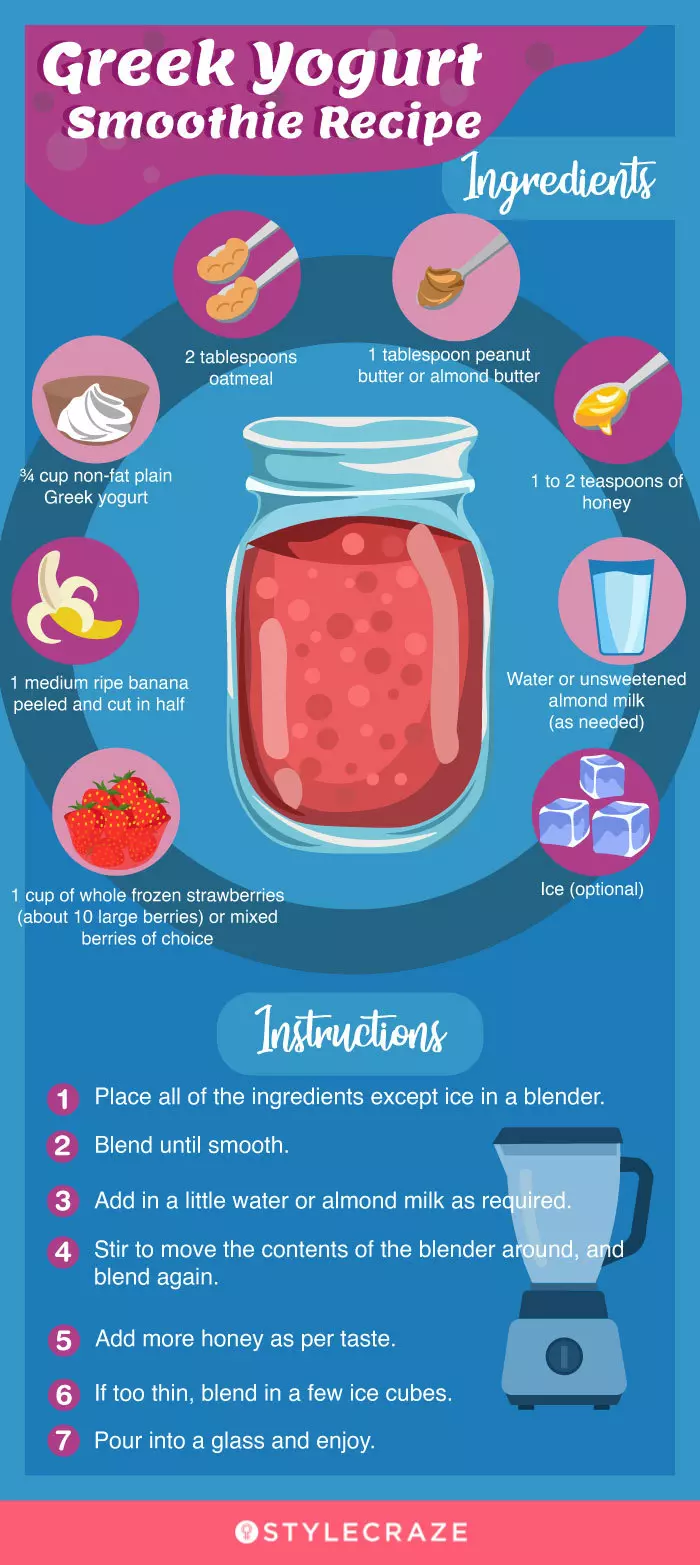
Feeling hungry all the time can be a symptom of an underlying health issue. Controlling untimely hunger can help you control the risk of obesity, overweight, hypertension, diabetes, and heart disease. The best strategy to break the hunger cycle is to make a conscious effort and lifestyle changes like avoiding junk food, practicing portion control for weight loss, drinking enough water, improving sleep quality, and more. Follow the tips mentioned in this article to help you control the hunger issues and break the cycle of mindless eating.
Frequently Asked Questions
Is it okay to go to bed hungry?
If you are eating a well-balanced diet all through the day, going to bed hungry at times is okay. However, you should be careful of the gap between your meals and not overdo it.
Can you survive on water alone?
No, while sufficient water is needed for the proper functioning of our body, it is not possible to survive only on water beyond a few days.
What are the real signs of hunger?
Real signs of hunger are – stomach growling, irritability, shakiness, low energy, and a headache.
Can exercise or physical activity help to reduce feelings of hunger?
A study showed that exercise may help reduce feelings of hunger by decreasing levels of the hunger hormone ghrelin (13). However, you should avoid excessive exercise as it can make you feel weak and dizzy.
Are there any medical or underlying health conditions that could be causing excessive hunger?
Yes, medical conditions like diabetes, hyperthyroidism, and hypoglycemia (low blood sugar levels) may cause excessive hunger (14).
Illustration: Best Ways To Stop Feeling Hungry All The Time
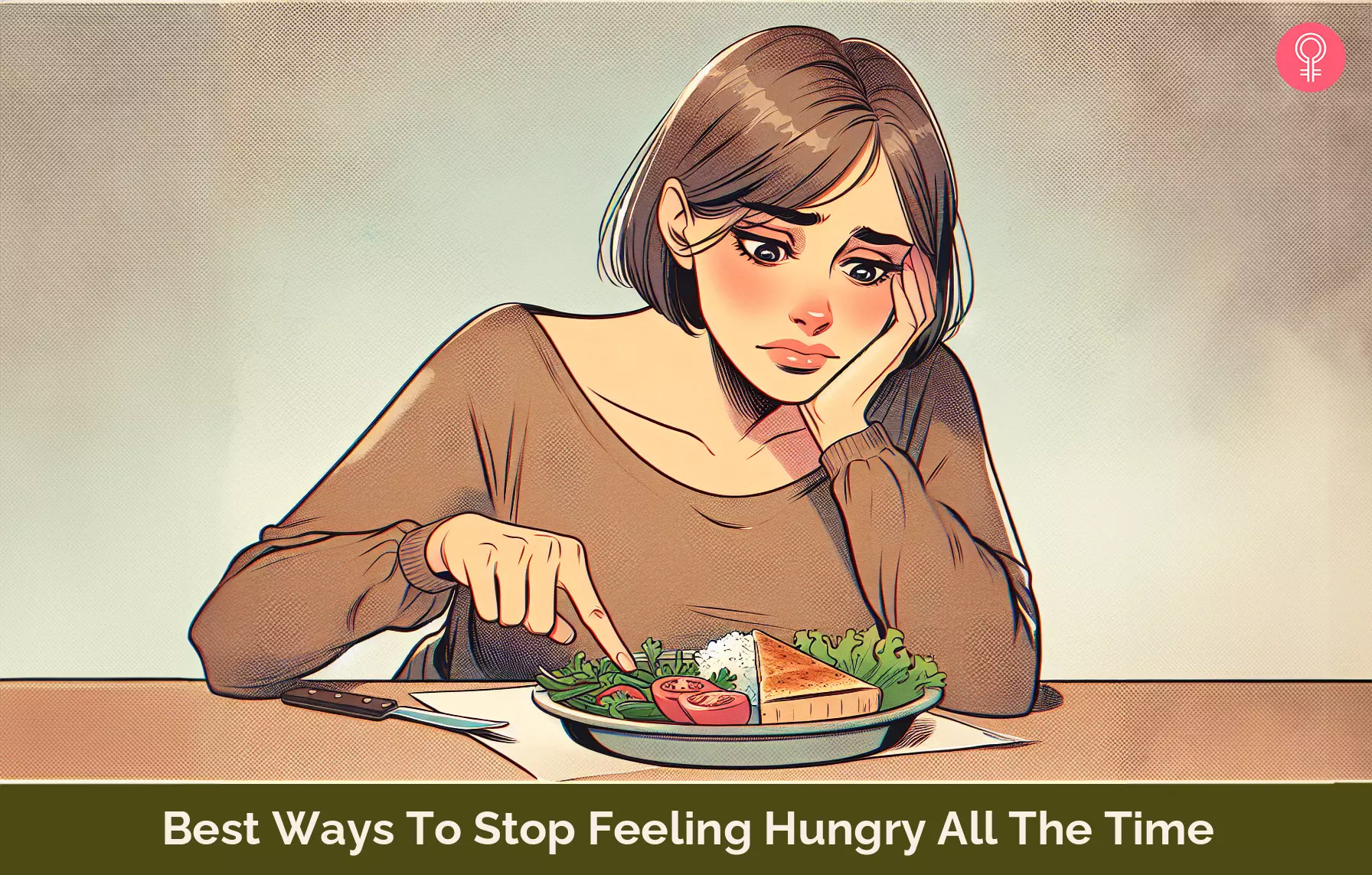
Image: Dall·E/StyleCraze Design Team
Learn how to trick your brain and stomach to eat less and lose weight. Get the tips and tricks you need to start seeing visible results by clicking on this video.
Personal Experience: Source
StyleCraze's articles are interwoven with authentic personal narratives that provide depth and resonance to our content. Below are the sources of the personal accounts referenced in this article.
(i) How to STOP being HUNGRY ALL THE TIME | Control Appetitehttps://www.youtube.com/watch?v=4dzWmPKIQ1Y
References
Articles on StyleCraze are backed by verified information from peer-reviewed and academic research papers, reputed organizations, research institutions, and medical associations to ensure accuracy and relevance. Read our editorial policy to learn more.
- APPETITE CONTROL: METHODOLOGICAL ASPECTS OF THE EVALUATION OF FOODS
https://www.ncbi.nlm.nih.gov/pmc/articles/PMC3609405/ - Emotional eating and obesity in adults: the role of depression, sleep and genes
https://pubmed.ncbi.nlm.nih.gov/32213213/ - Caffeine, coffee, and appetite control: a review
https://pubmed.ncbi.nlm.nih.gov/28446037/ - Protein, weight management, and satiety | The American Journal of Clinical Nutrition | Oxford Academic
https://academic.oup.com/ajcn/article/87/5/1558S/4650426 - The effect of fiber on satiety and food intake: a systematic review
https://pubmed.ncbi.nlm.nih.gov/23885994/ - The Influence of Meal Frequency and Timing on Health in Humans: The Role of Fasting
https://www.ncbi.nlm.nih.gov/pmc/articles/PMC6520689/ - Colour, flavour and haptic influences on satiety
https://www.researchgate.net/publication/315871144_Colour_flavour_and_haptic_influences_on_satiety - (PDF) Salt Promotes Passive Overconsumption of Dietary Fat in Humans
https://www.researchgate.net/publication/296681786_Salt_Promotes_Passive_Overconsumption_of_Dietary_Fat_in_Humans - A diet rich in long chain omega-3 fatty acids modulates satiety in overweight and obese volunteers during weight loss
https://pubmed.ncbi.nlm.nih.gov/18602429/ - The effects of ginger intake on weight loss and metabolic profiles among overweight and obese subjects: A systematic review and meta-analysis of randomized controlled trials
https://pubmed.ncbi.nlm.nih.gov/29393665/ - Is eating behavior manipulated by the gastrointestinal microbiota? Evolutionary pressures and potential mechanisms
https://www.ncbi.nlm.nih.gov/pmc/articles/PMC4270213/ - Consumption of 85% cocoa dark chocolate improves mood in association with gut microbial changes in healthy adults: a randomized controlled trial – ScienceDirect
https://www.sciencedirect.com/science/article/pii/S0955286321002746 - The Effects of Exercise on Food Intake and Hunger: Relationship with Acylated Ghrelin and Leptin
https://www.ncbi.nlm.nih.gov/pmc/articles/PMC3761859/ - Polyphagia
https://www.sciencedirect.com/topics/neuroscience/polyphagia
Read full bio of Jame Heskett
Read full bio of Ravi Teja Tadimalla
Read full bio of Sindhu Koganti















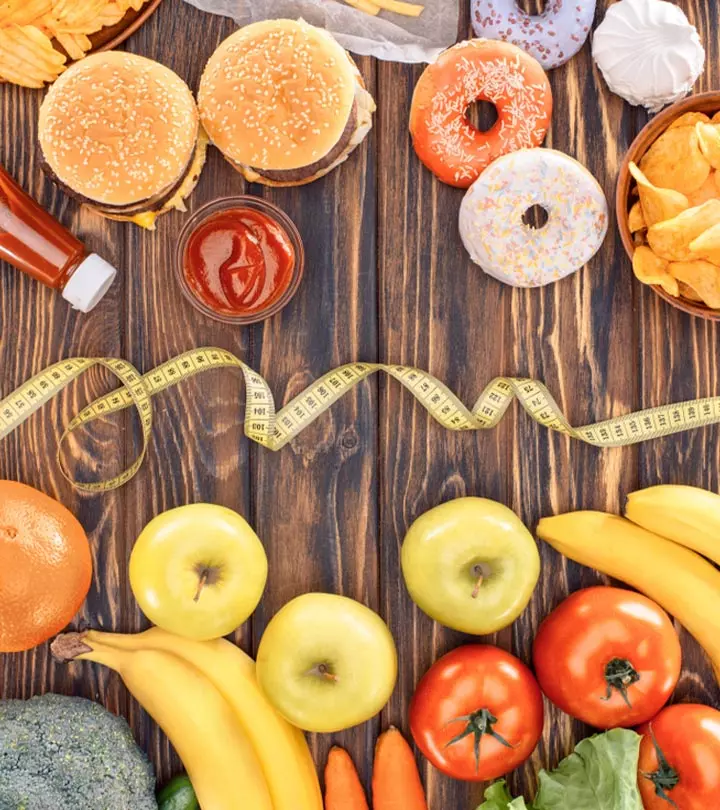

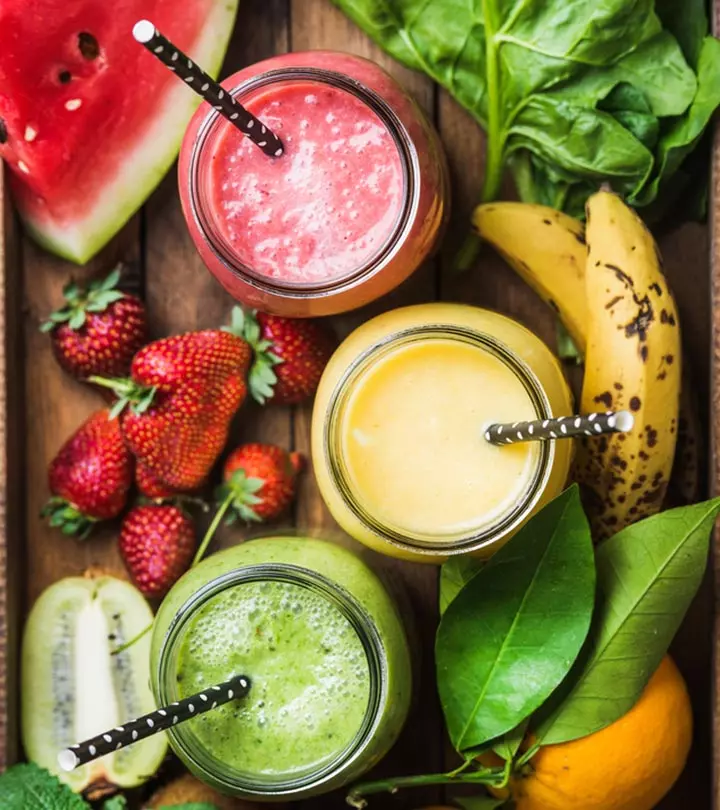



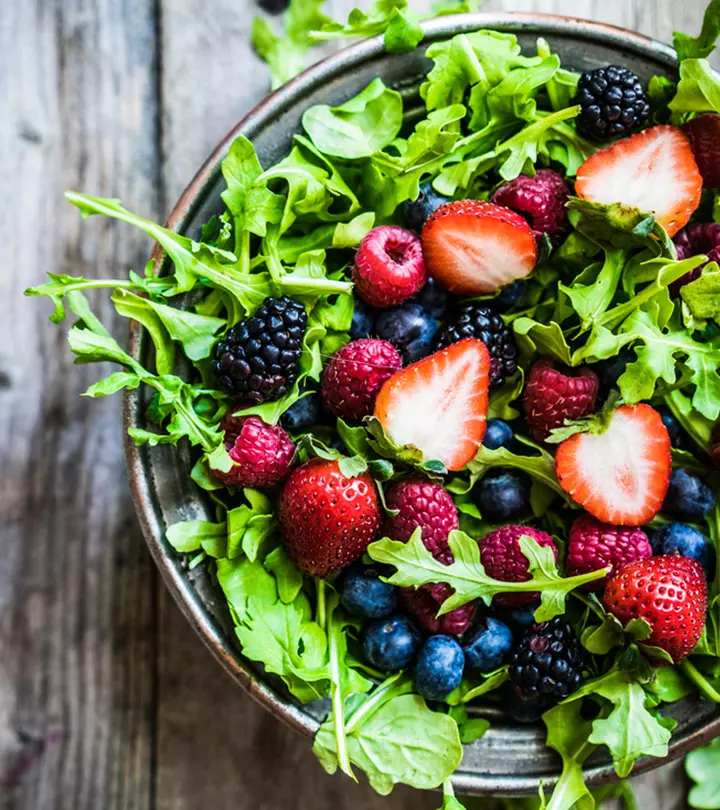
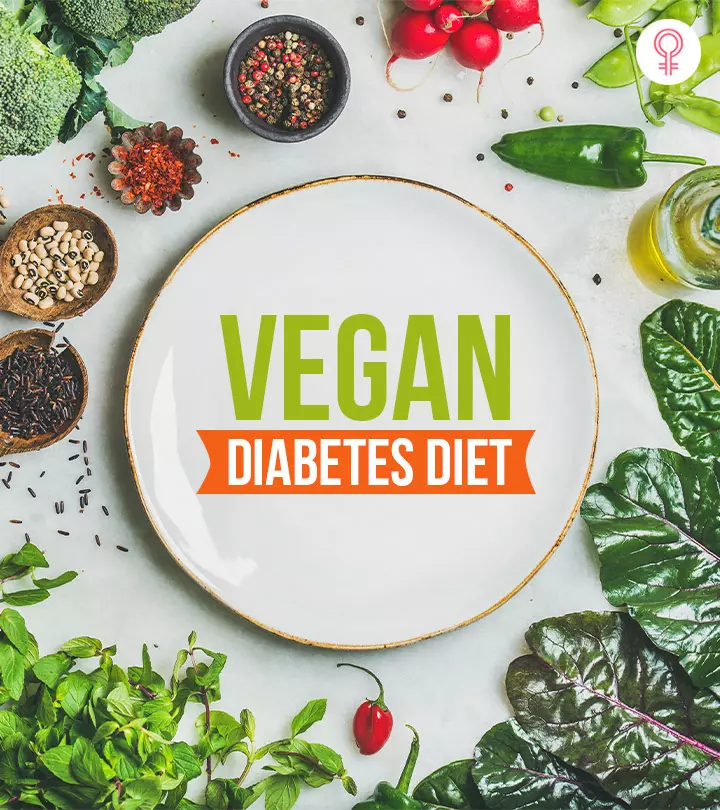

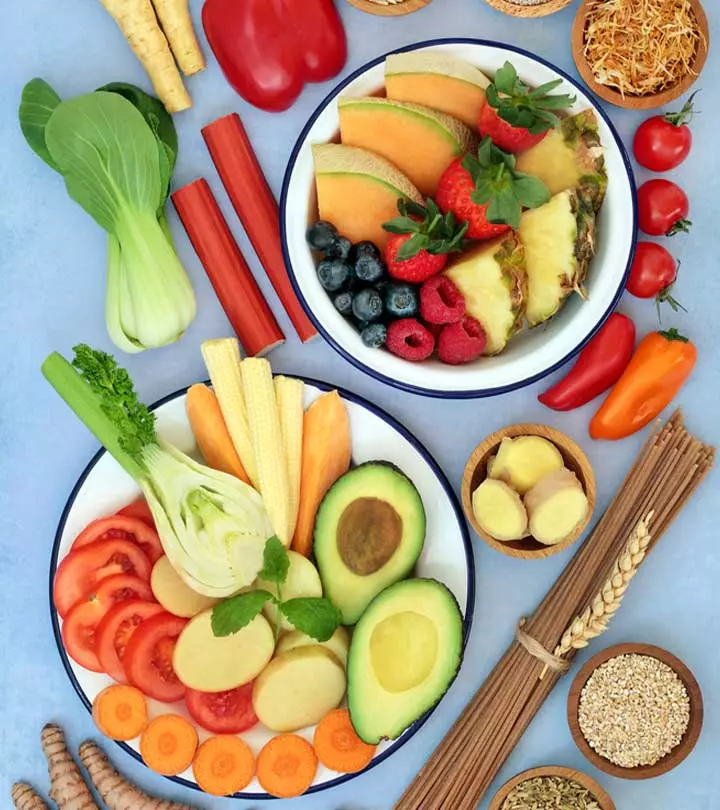

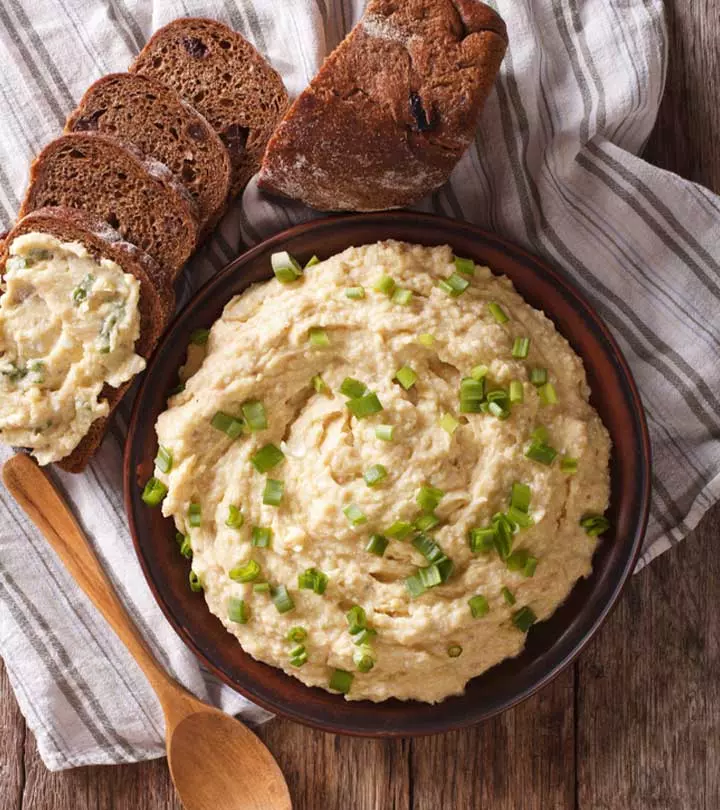

Community Experiences
Join the conversation and become a part of our empowering community! Share your stories, experiences, and insights to connect with other beauty, lifestyle, and health enthusiasts.